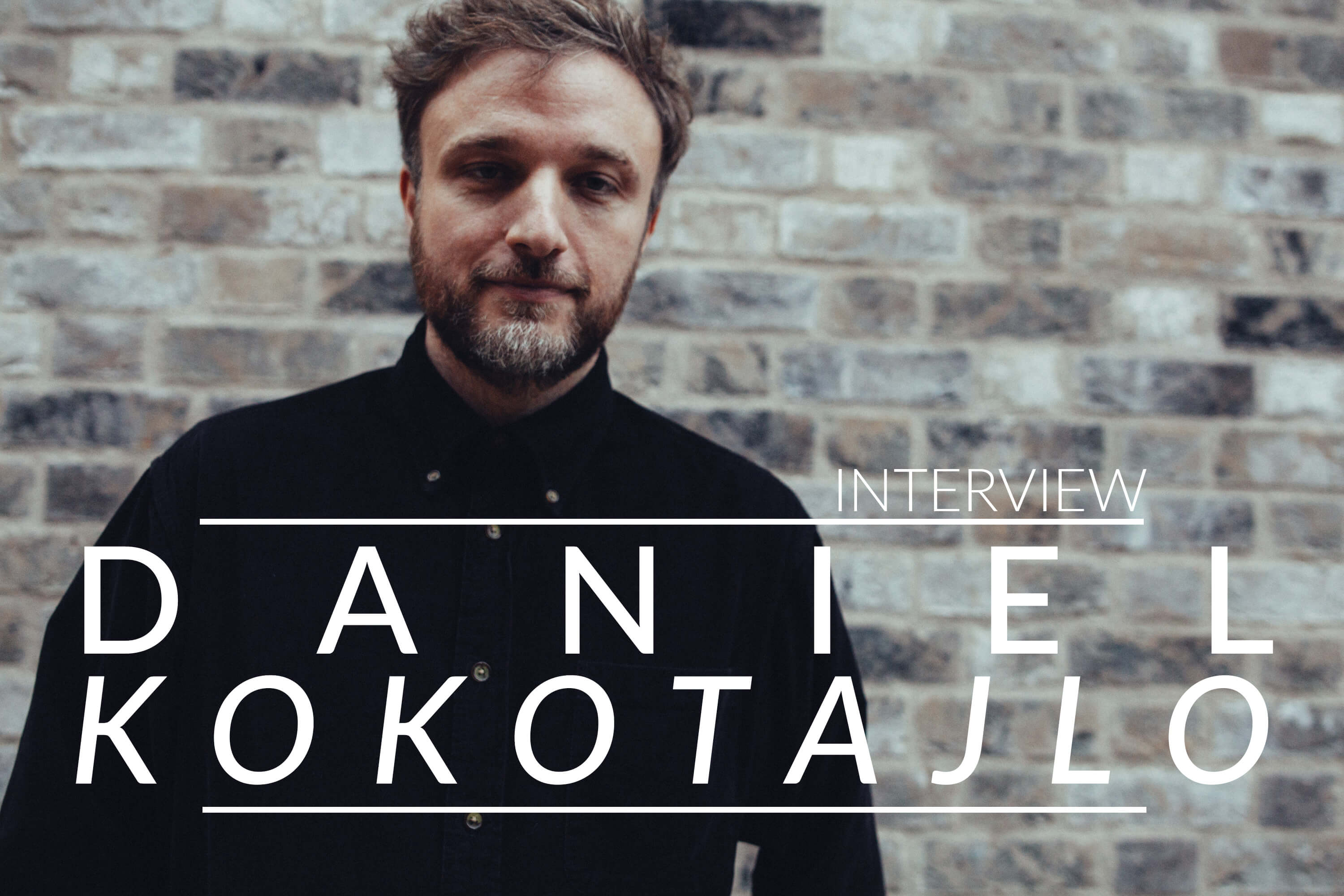“Apostasy” is one of those films everybody should watch, is one of those films that leaves you willing to talk about it for hours. It leaves you with many “whys” and “hows” about a reality you probably knew close to nothing about or maybe too much.
Nominated for 6 BIFA Awards and Outstanding Debut By A British Writer, Director Or Producer at the BAFTA, and winner of the Best First Screenplay at the Writers’ Guild of Great Britain Awards, the film, although fictional, derives its inspiration from the personal experience of the director Daniel Kokotaljo born and raised within the Jehovah’s Witnesses community.
We had the chance to interview Daniel Kokotaljo in London and ask him how and why he chose such a personal theme for his debut feature, the challenges, the exploring and the liberation in seeing it coming to life.
How are you feeling in these days, are you excited?
_____
It’s been exciting, yes. We were up for like 6 BIFA Awards in the weekend. Unfortunately, we went home emptyhanded, but it’s still nice to be nominated. And today I found out we were nominated for the Writers Guild Award for best TV screenplay.
And I’m very happy about it.
How did you react when you discovered about the BIFA nomination?
_____
Boozing. I was really cheerful about that, especially the amount. Molly Wright got two nominations too, she got Most Promising Newcomer and then she also had Best-Supporting Actress, so I was over the moon for Molly.
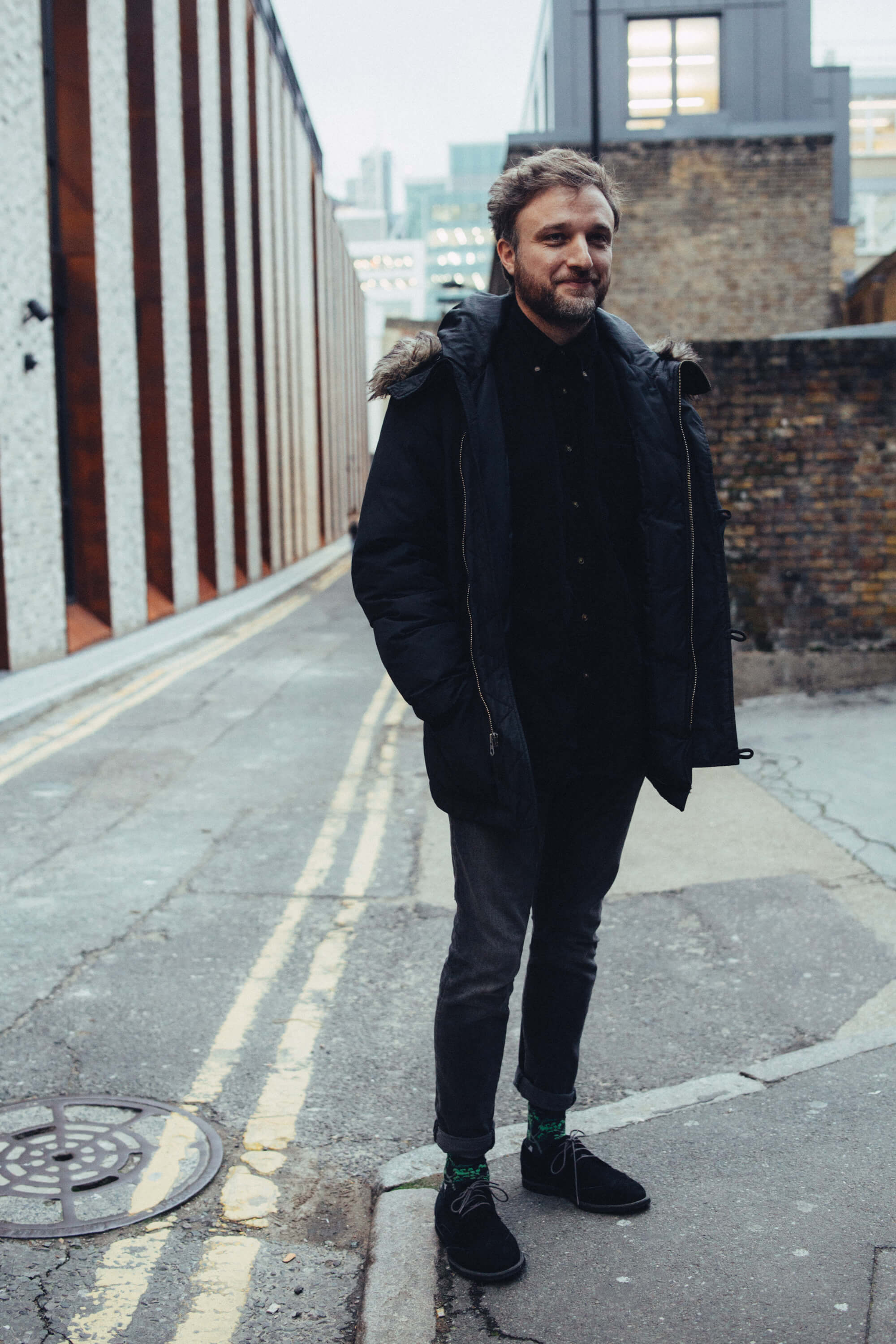
How did you come to the decision to tell such a personal story for your first film?
_____
It was a long process, and people forced me into it, really, because I didn’t want to talk about this subject for a long time. It took like 15 years before I felt comfortable talking about it. And I started off just by reading literature and articles that are critical of the Witnesses, at first, I was so very nervous and scared of it, but then I realized that this is part of my life and I have the right to talk about it and to deal with it in a story.
So I then mentioned it to a producer and a few other people, and they said to me, “this is very interesting, and it’s worth exploring in a story.”
So that is how it started off. Then I applied to a Scheme called “iFeatures,” that we have here in the UK – It’s a scheme settled by BFI and BBC and Creative England to support new filmmakers, interesting stories and regional voices.
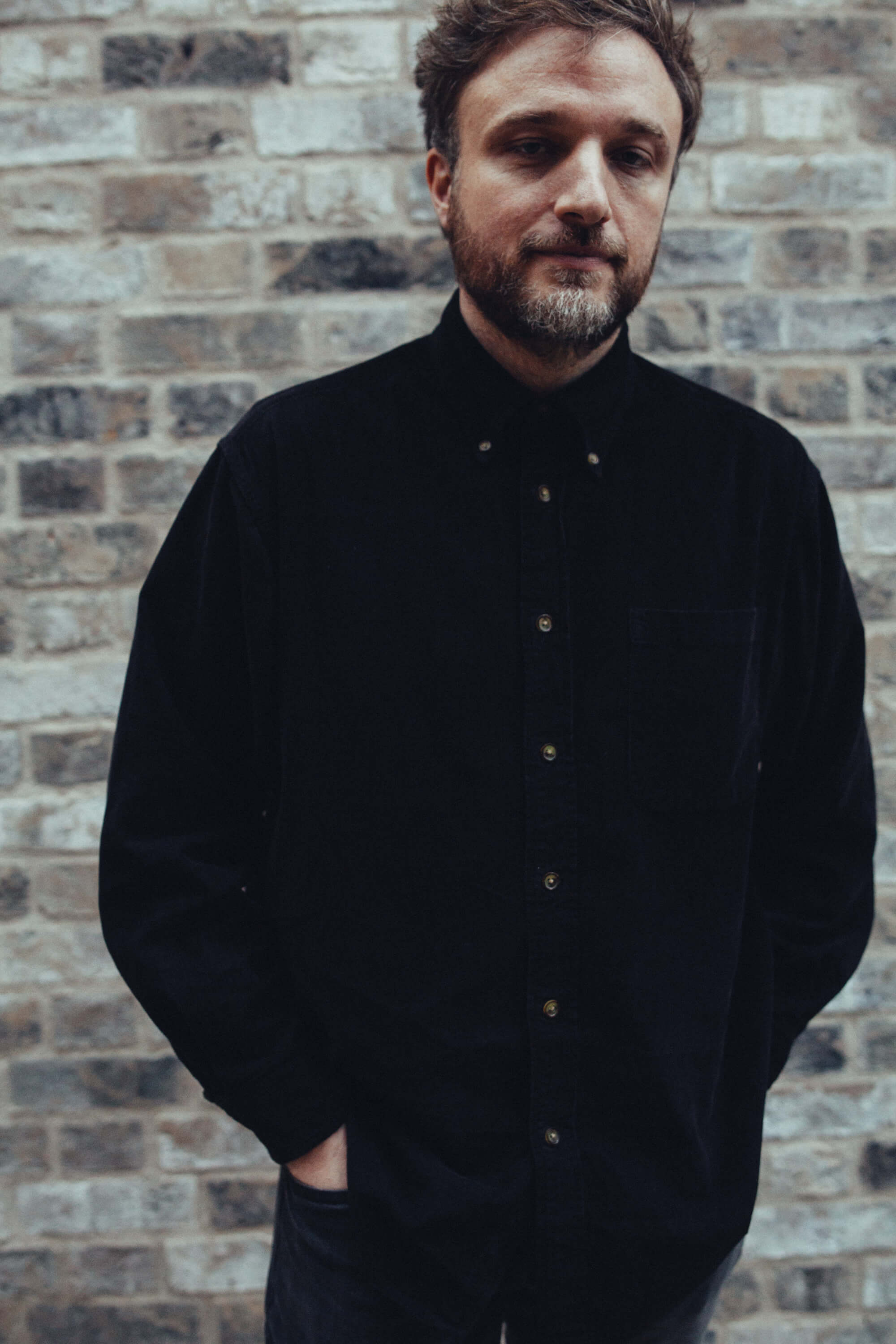
“It took like 15 years before I felt comfortable talking about it.”
How was the process of creation of the script? How did you work on combining your personal experience and the fictional tale of these three women?
_____
I had the idea of these three women, it sorts of loosely based on people I know, but then I came over with a fictional story that was inspired by my own journey as well for the religion, and so it was a combination of things. And for a while, I struggled to tell it in a condensed way without it feeling too melodramatic.
So, I had a false start with the script, and then I threw that script out and started it again and just started to write through the perspective of somebody talking to God, explaining what they’ve done every day. Like a diary book to God, and that was the first document I had that I felt was interesting enough to show to people, and I showed it to the executives and people at the BFI. And they said, “this is great, if you can turn this into a script it would be good.”
That’s why in the film there are those elements of characters talking to God, but it’s not quite clear, it’s ambiguous what is actually going on. She’s talking to God within the scene, while there are characters who are actually playing the scene in front of her as well.
So that came from the original document.
“I just started to write through the perspective of somebody talking to God…”
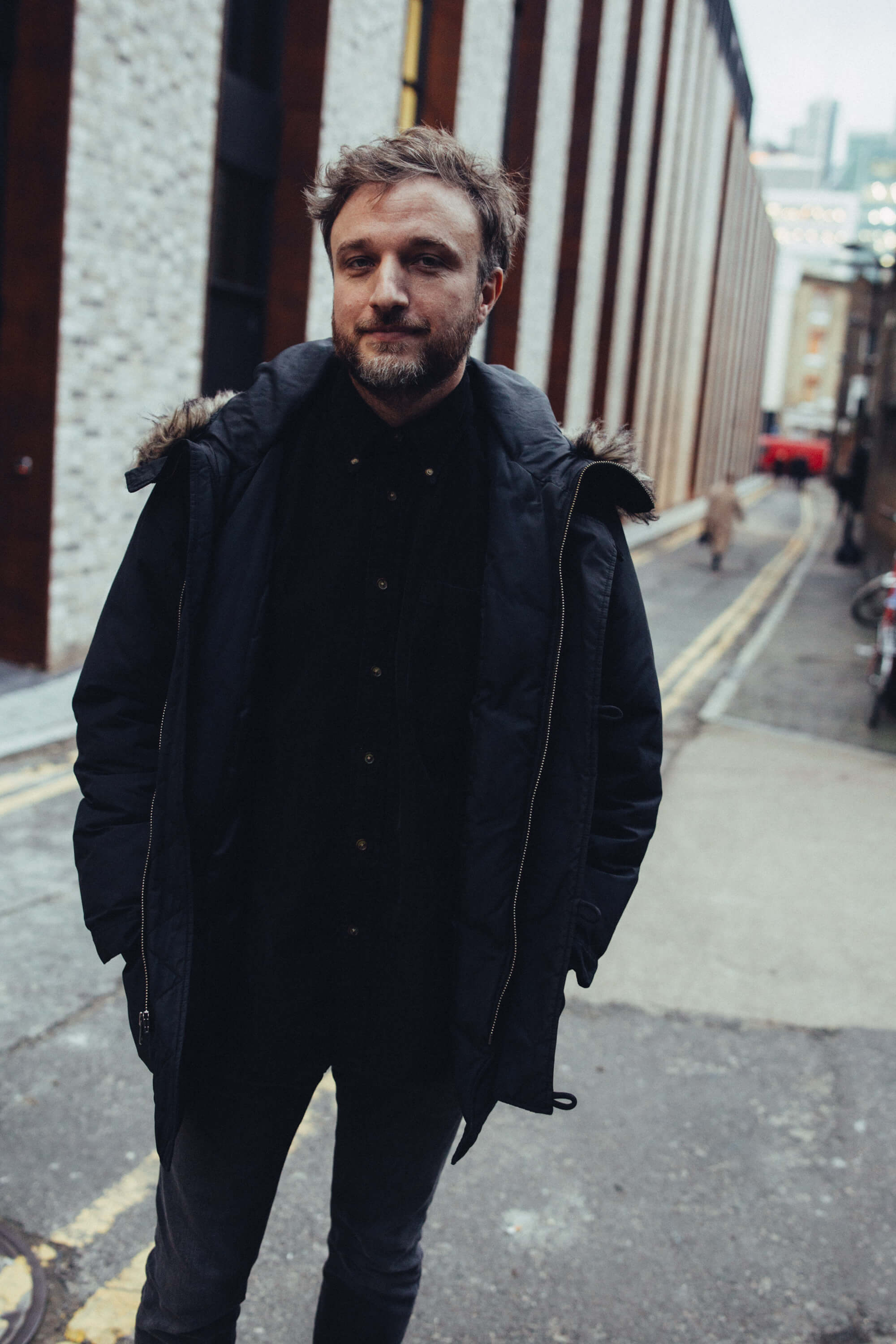
We asked the same question to Molly Wright and Robert Emms. “Apostasy” is definitely a movie about making people talk. What reaction did you expect the audience to have after watching the film?
_____
Hopefully, people will know more about the Witnesses, the issues, the problems and just the day to day activities of what Witnesses go through. With that, it might create some empathy or understanding for what they go through. It’s the first step in my trying to decide what to do about these things because I’m not that comfortable with the fact that some religious groups are allowed to do these things, like excommunicate people, and thus create a lot of serious issue for people.
They have cognitive pressure on them their whole life about every little decision that they make. I honestly believe that it affects their mental health as well. So hopefully people go in, start thinking about those things and engage with religion.
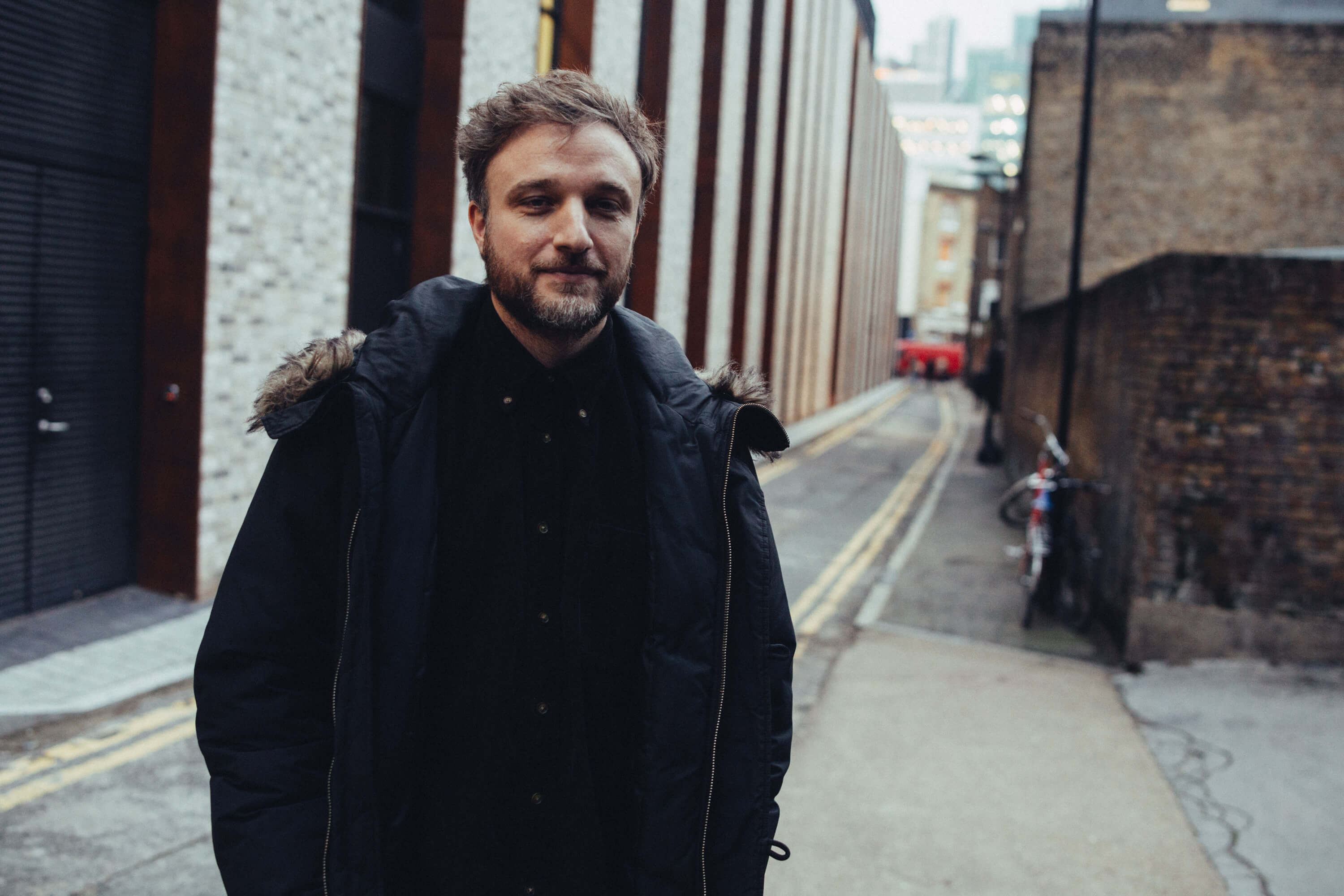
“Hopefully, people will know more about the Witnesses, the issues, the problems and just the day to day activities of what Witnesses go through.”
How did you work with the actors, especially on their physicality which, sometimes, says more than words?
_____
We talked a lot at the beginning. I was looking to have a few workshops and a few different auditions and, in that time, we would just talk about what it meant to be a Witness. So, I was looking for people to play the roles who reminded me of maybe people who the characters were based on, and that had the right kind of attitude and the right physicality already so that I could just talk about what it means to be a Jehovah Witness. So that’s why I chose people who were all from Manchester or the areas where the story is set. So, they sort of knew how the life is there already, so the focus was always on what does it mean to feel like you have someone who’s always watching you while you’re making decisions. It would always create a still pressure.
It was always about internalizing, about conflict versus what you feel like is the right thing to do, or what the Dogma or the religion is telling you to do.

“It was always about internalizing, about conflict versus what you feel like is the right thing to do, or what the Dogma or the religion is telling you to do.”
Our reaction to the film was a sense of powerlessness; we wanted to shake the screen to save Alex or make Ivanna and Luisa talk. The silence sometimes is deafening. What does silence mean to you in this movie?
_____
It depends on which one. The overall feel of the film is quite quiet, and it’s a personal preference of mine. I don’t like too much noise, I guess. It’s reflective of their lives and their religious spaces, there’s no rapture or noise, it’s quiet, and the people are humble, and that’s just how I wanted to feel. But not everyone is like that, so that’s why I use contrasts on the film: that family is quiet, reflective and pensive, but then they go to Auntie Linda house, and there’s a party and music on. So, I was trying to show a contrast while the film is focused on the quiet people.
It’s a taste or a style of filmmaking that I like, it’s not horrid, and you watch people, and you can sense what’s going on inside just by watching them. I know it’s not everyone’s cup of tea and some people think it’s slow, but it’s the opposite for me. It’s really intense and drawn into what characters are thinking.

Sometimes the silence is good also for the audience to follow everything. What aspect of the film, if any, did you find the most challenging while filming?
_____
It’s a funny thing when you deal with characters you don’t necessarily agree with, especially for the mother. Siobhan Finneran struggled to understand why a mother would ever do that to her daughters, so she couldn’t engage with the character completely on an emotional level. And I’m the same, I always have to tell myself, “No, this is how people honestly believe in their God, and they believe in their faith, and that comes first before family.” So, it was hard for the actors and that was a big challenge for us all the times: to remind ourselves that this is real for them. There’s an instinct for people to maybe make fun of it or not to completely accept it. So that would result in a certain feeling in the film, but we always had to tell ourselves “oh, let’s take this seriously and show the conflict in an honest and truthful way.”
There was a lot of that going on.
“It’s a funny thing when you deal with characters you don’t necessarily agree with.”
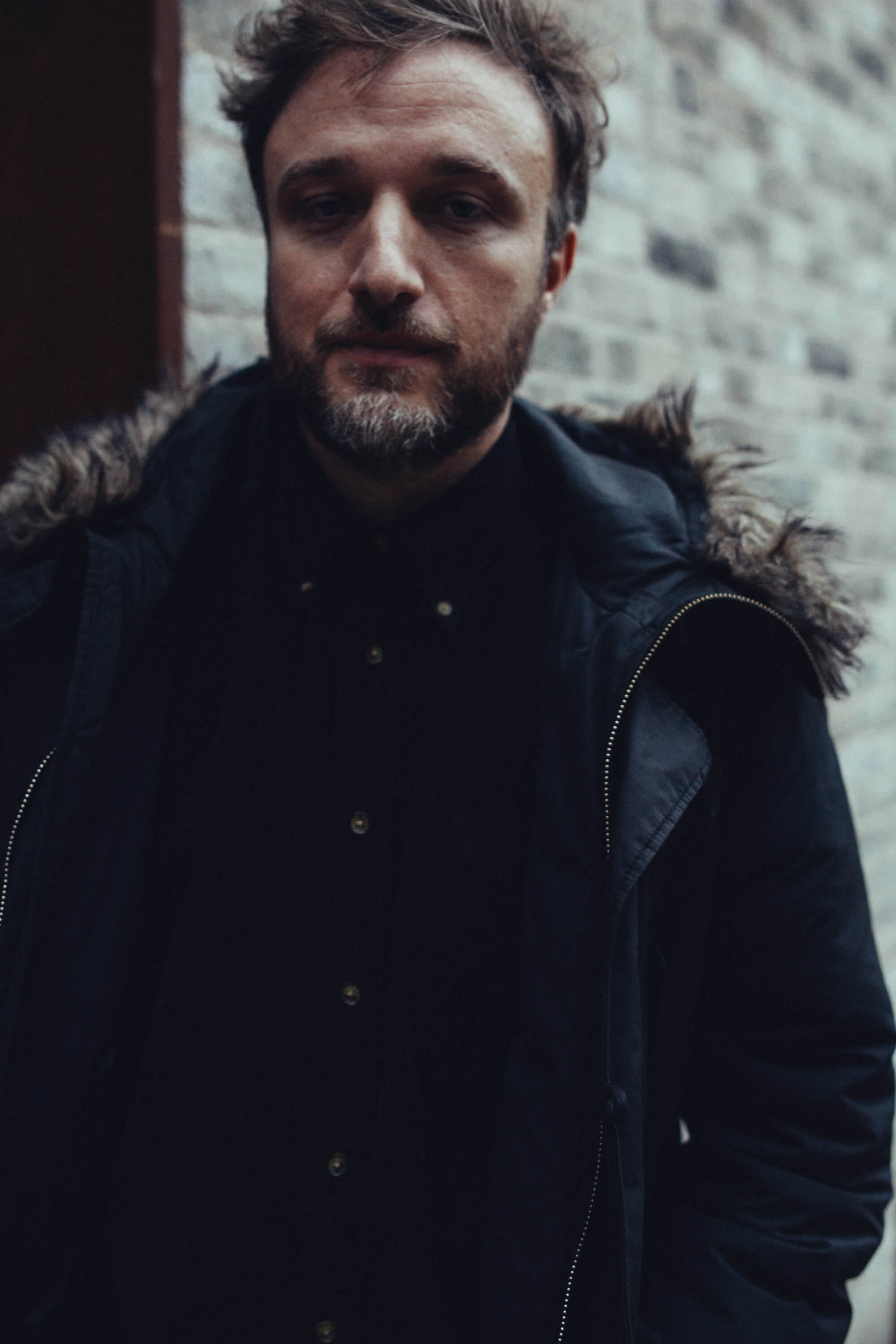
What would you tell your characters if given a chance?
_____
To the mother, I would say, “watch the film.” Because that’s part of the original reason why I made the film, it gives you some objective space whereas I know people who do this and think that there’s nothing wrong with it. And I wonder if they could see themselves, if they could look in a mirror and see what they’re doing, maybe deep down they might start thinking, “some of what I’m doing is not really right.”
So, if I could meet someone like Ivanna, I would tell her, “just watch the film ‘Apostasy,'” and maybe then she’d start to question what she’s doing.
But who am I to really sort of question somebody’s faith if that’s strong and if she’s lost a daughter to refusing blood? I’m not sure if I’m comfortable in saying it’s wrong, because I don’t mean she’s lost a daughter for no reason. It’s a tragic situation that Ivanna is in at the end. She can’t talk and meet her daughter that is still alive, because that means not only that she’ll lose the idea of seeing her other daughter in Paradise, but she has let her die for no reason.
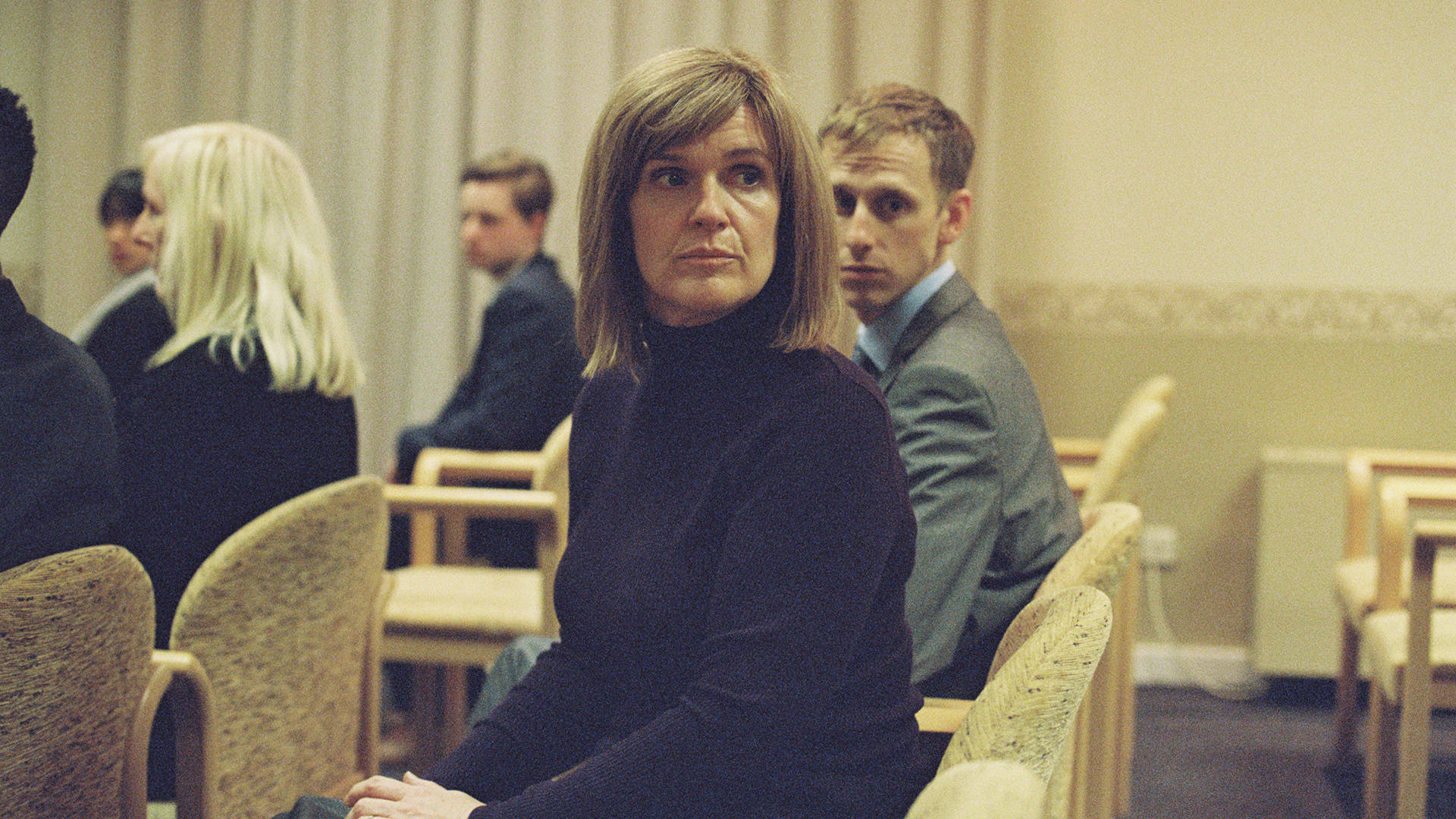
“To the mother, I would say, ‘watch the film.’”
What was the last movie you watched, and that made you want to scream at the screen like “Apostasy” did for us?
_____
There’s a lot of films I want to scream at, but not because I’m engaged with them, it’s just because I don’t like them.
There’s another religion film, “Stations of the Cross,” and I felt like that in the film. Again, it is about fundamentalism and about how far people go for their faith, I felt so sorry for the main character that I wanted to scream.
What kind of stories do you dream to tell next?
_____
I’m focused on contemporary British stories because I feel like there are still so many stories to tell about life in England and in the regions. There’s still space, and that’s why I’m hoping to explore it again.
Is there a project you’re developing now?
_____
Yes, I’m working on one. Again, it’s a story set in the North, about a subculture again that people don’t know much.
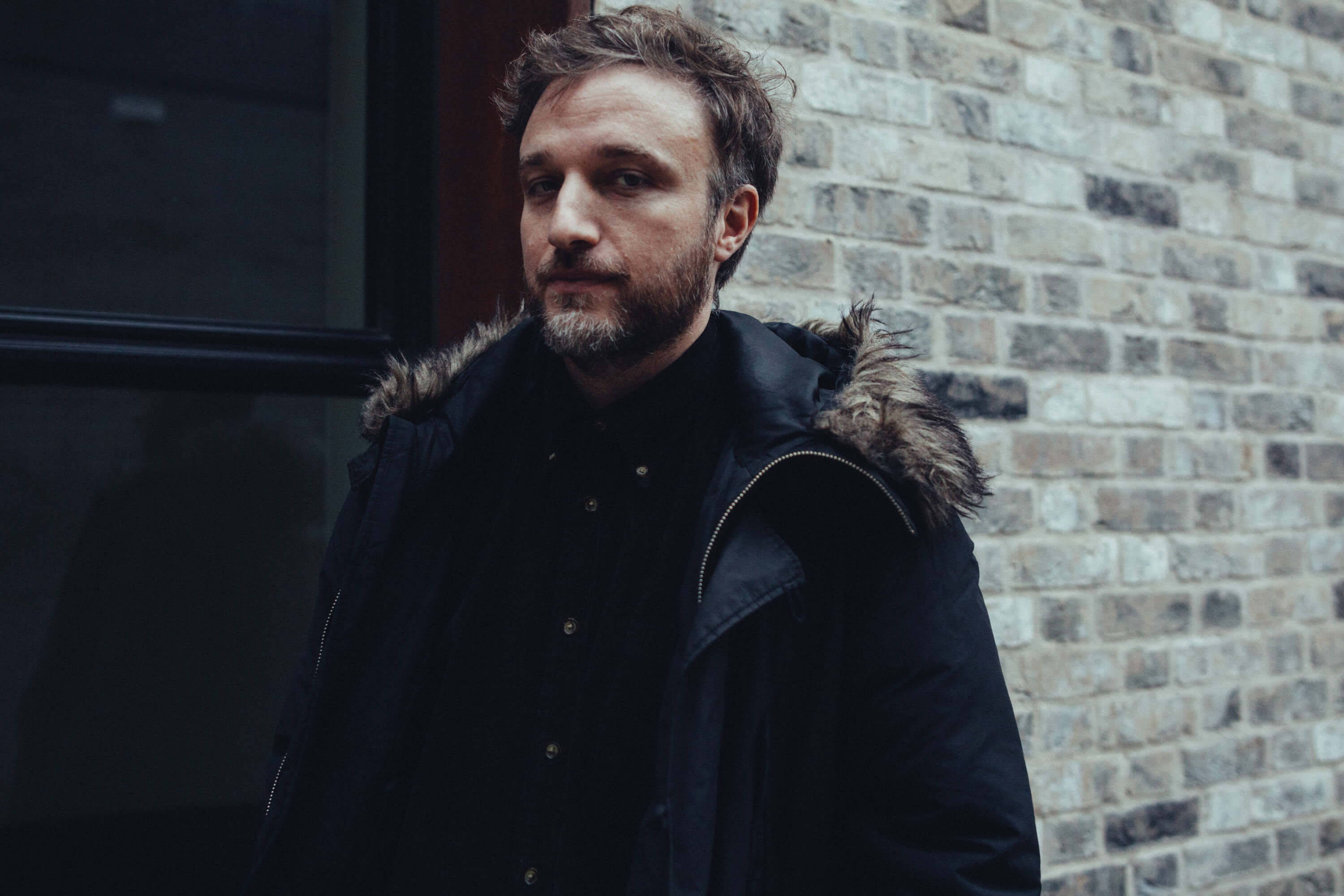
Since this was your first film, what was for you the most beautiful part, the one thing you loved at the end of the day?
_____
I think it was working with actors. I felt like in my natural place there and just seeing people bring the words to life and navigate aboard of that.
I really enjoyed all the parts of the film, really. Also the edit, that was the first moment when I realized it I had a film, and something people might actually want to see, and that felt like a very special moment.
Photos by Johnny Carrano.

